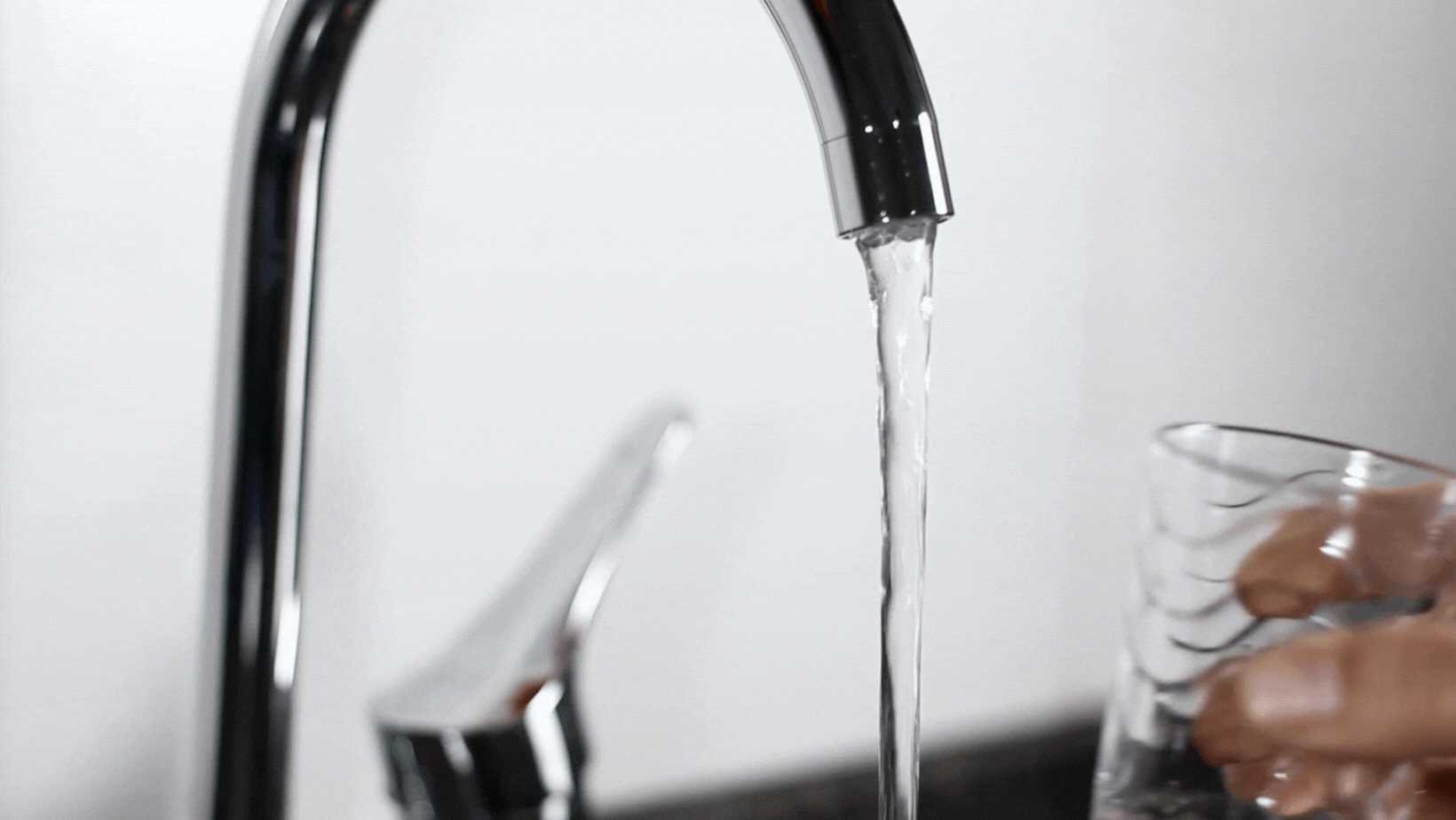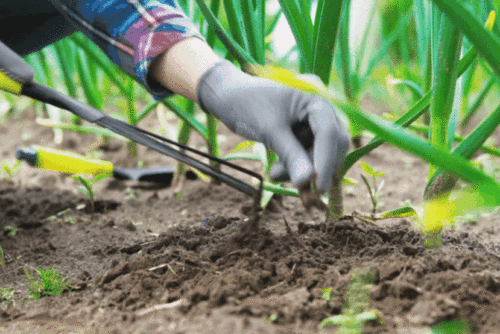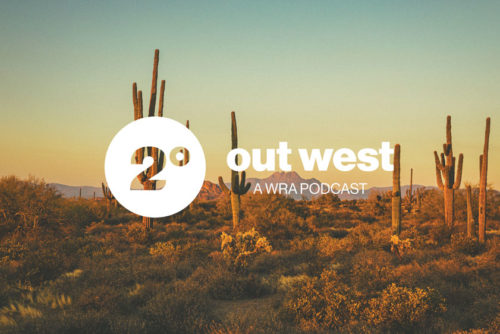Reusing water relieves critical pressure on our rivers, allowing increased water and flows for habitat and making them more resilient to climate change. Also, reuse is often more cost-effective than alternatives like building new reservoirs. As water purification technologies expand and improve, more communities around the West are pursuing reuse. One of WRA’s most recent policy success stories is securing the acceptance and implementation of a regulation for purified wastewater that safely meets drinking water quality standards in Colorado and is the nation’s first direct potable reuse regulation.
What is Direct Potable Reuse?
Direct potable reuse (DPR), recycled water treated for drinking, is a new water supply that is critical for maintaining a sustainable water future for our communities and ensuring healthy rivers. Purified water reuse is emerging as a significant and stable supply of water as communities seek to use their water supplies more effectively, using increasingly advanced technology.
In DPR, wastewater is sent to community treatment plants where it is treated to be safe to discharge in the environment. Instead of being discharged, however, it is sent to another advanced treatment purification facility to be further treated to meet public health standards for consumption. DPR, differentiated from other types of reuse, is important for many reasons. Return water flows from indoor use can be reused again, and the water can be used anytime anywhere for anything as it’s delivered through existing drinking water system infrastructure.
Policy Victory in Colorado
In fall 2022, the Colorado Water Quality Control Commission gave unanimous approval for a new rule that clears the way for direct potable reuse across the state. Colorado became the first state in the country to set up formal regulation for this type of water reuse. The approval was the culmination of seven years of diligent advocacy by WRA.
WRA helped lead the development of DPR in Colorado, securing more than $525,000 in funding from numerous sources and managing three projects over the past seven years that paved the way, including engaging an independent panel of national experts to develop proposed guidelines for DPR in Colorado. Most recently, we helped secure funding and manage a robust Colorado Department of Public Health and Environment stakeholder process that led to rulemaking that was thorough, transparent, and inclusive.

FIGURE 1: Example of how 1 acre-foot of water can meet roughly 2 acre-feet of municipal demands through direct potable reuse. Legally reusable water is treated and delivered to consumers with approximately 50% used outdoors and 50% used indoors. Water used indoors has return flows that are sent to a wastewater treatment plant. Then, rather than being discharged to a stream, in a direct potable reuse system, the treated water receives advanced treatment to purify it to ensure it can safely be used for drinking. That same initial volume of water can keep being reused several times to meet additional water needs.
WRA is extremely excited about the opportunity Colorado’s new DPR regulations provide as our state and communities look for new and innovative ways to ensure safe, high-quality, and sustainable drinking water supplies now and into the future. Getting here was a tremendous, multi-year effort by many organizations and individuals and we are thrilled to be seeing a lot of interest in the regulations by other states.
Early in the process, we organized and assisted with numerous outreach events and presentations, including DPR beer tastings and tours of a pilot treatment plan to educate key decision makers. In fact, the outreach and stakeholder input over the past seven years ensured that there was no opposition to the direct potable reuse rule, and that all parties, including WRA, were supportive, as were all public comments.
Communities in Colorado that are evaluating their water supply needs can now take advantage of the new regulation and consider expanding their use of recycled water. In a system where acquiring new water sources grows more difficult, taking advantage of water already in the system becomes critical.
What’s Next?
While the direct potable reuse regulations in Colorado are a major step, there is still work to be done to encourage communities to implement the policy across the state. Water providers must show that they have the technical and financial resources to manage the treatment process, build up the necessary extensive filtration and purification systems, and collect a year’s worth of wastewater to ensure each community’s DPR treatment system is designed effectively.
Municipalities will need to invest in significant public education and outreach – including fulfilling equity requirements within the new regulatory framework – to ensure that the public understands and supports proposed systems.
Using less water will require ingenuity, creativity, and new systems like direct potable reuse.
WRA continues to work with partners, including other nonprofit and community organizations, water utilities, and state agencies, to ensure that state water quality regulations facilitate the expansion of direct potable reuse water so that our communities can thrive.








